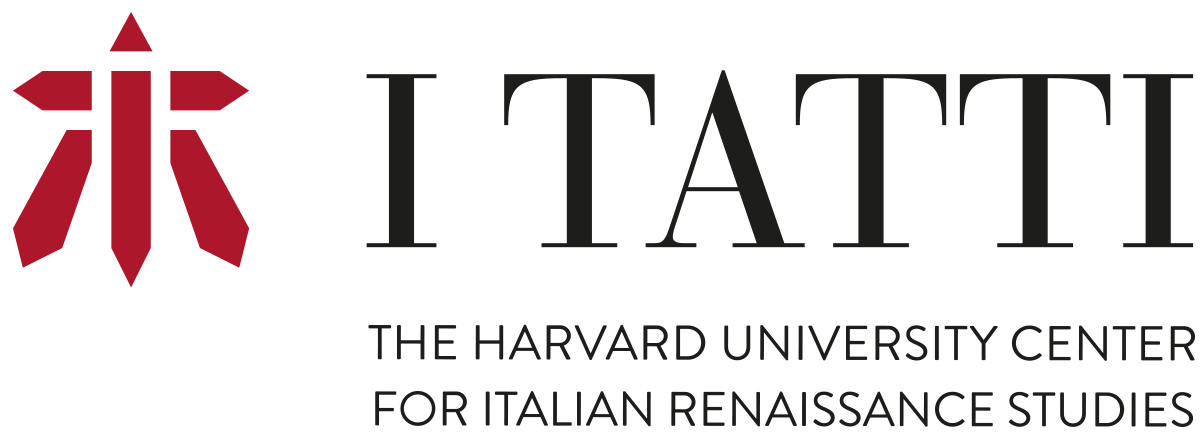Date:
Location:

This seminar will explore Western interaction with various cultures and communities in the Eastern Mediterranean. Spanning the period from the late 13th to the 18th century, the short presentations will focus on commercial, artistic, and religious encounters and exchanges.
Nevra Necipoğlu, “Commercial Exchanges between Byzantines, Italians, and Ottomans in the 14th and 15th Centuries”
This paper will examine the commercial links established between Byzantine, Italian, and Ottoman merchants within the complex, yet fluid, atmosphere marking trade relations in the late medieval Mediterranean world. Particular attention will be paid to Constantinople and the Italian commercial colonies of the eastern Mediterranean.
Mabi Angar, “Genoese Galata. The Topography and Urban Development of the Genoese Settlement in Galata/Pera in the Late Byzantine Period (1261-1453)”
This presentation is about the topography and urban development of Galata/Pera – the Genoese colony vis à vis the imperial city of Constantinople. Based on archaeological, textual, and visual evidence, it aims at contextualizing surviving Genoese structures such as the Galata Tower.
Antonio Musarra, “Nuovi dati sul commercio genovese nel Levante alla fine del XIII secolo”
L’analisi di circa tremila atti notarili conservati nei registi dell’Archivio di Genova permette all’autore di formulare alcune ipotesi sull'andamento del commercio genovese nel Levante negli anni immediatamente precedenti alla caduta di Acri del 1291.
Andrew McCormick, "Brides of Christ or Loan Sharks? An Enclosed Community of French Nuns and Their Struggle for Economic Survival in the Early Modern Aegean"
This paper, about the Order of St. Ursula on the Cycladic island of Naxos, looks at the nuns' controversial efforts to support themselves amid the conflicting demands of their political and ecclesiastical patrons in Constantinople, Paris and Rome.
